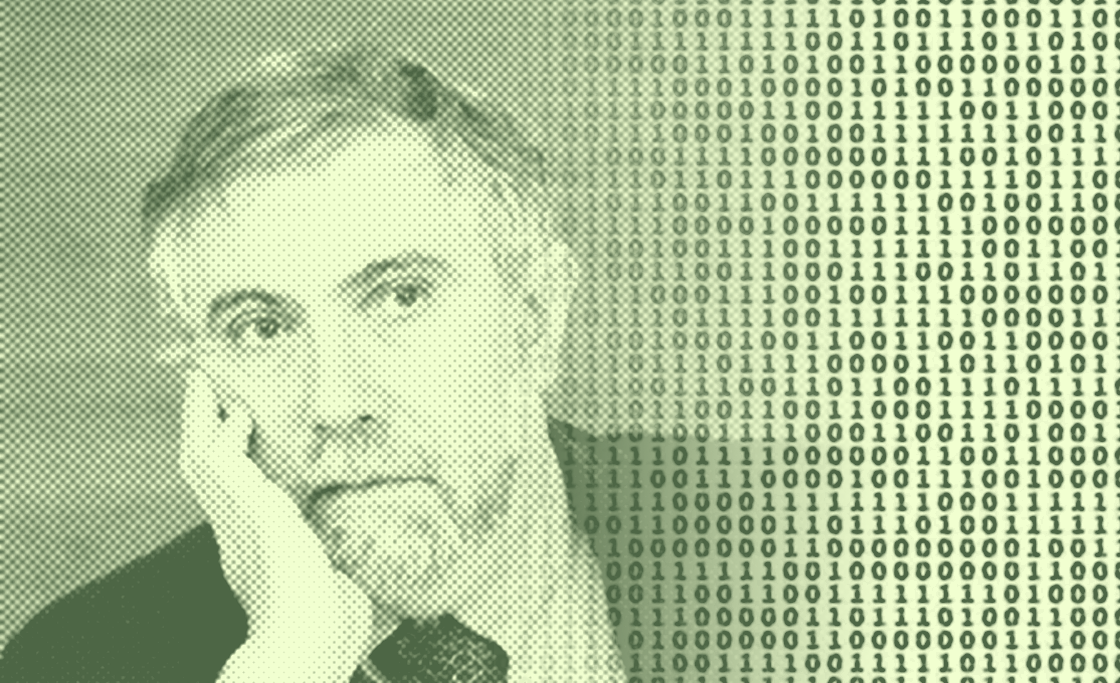
In a recent NYT column, economist Paul Krugman mocks Florida Governor Ron DeSantis, who warned that a central bank digital currency (CBDC) would give the government too much power over Americans. Specifically, DeSantis argued that the feds could use a CBDC to further implement the “woke” agenda, penalizing Floridians if they bought too much gas or guns.
Human Action Podcast: Krugman Says It’s Paranoid to Worry About a Fed Digital Currency with Robert Murphy and Jonathan Newman
Krugman ridiculed the very notion that a CBDC might threaten civil liberties:
If this sounds crazy, that’s because it is. I have no idea whether DeSantis believes any of it, or even knows what a central bank digital currency is or what it would do (more on that later). And it’s possible that he’s taking this stand out of general paranoia.
But Krugman doesn’t actually think it’s mere paranoia that explains DeSantis’ opposition to a Fed-issued CBDC. Instead, Krugman thinks big Republican donors are currently benefiting from using anonymous currency as a way to shield their nefarious schemes. As Krugman concludes his column:
[These considerations] tells us what DeSantis’s attack on central bank digital currency would actually do. It wouldn’t protect the rights of Floridians to buy gas or guns; instead, it would protect the ability of wiseguys to evade taxes, launder money, buy and sell illegal drugs, and engage in extortion.
But hey, I guess thinking that money laundering and extortion are bad things is just another example of the wokeness that DeSantis is trying to kill.
As usual, Krugman’s smug attacks fall apart under scrutiny. For starters, my academic colleague Jonathan Newman pointed out that the Fed study Krugman linked to from his column, actually discussed the possible privacy dangers from a CBDC! As the Fed study put it:
krugman_murphy1.png
In other words, it’s not just Ron DeSantis who realizes a CBDC could abuse citizens’ privacy—the Federal Reserve does too.
Beyond that, we have seen in recent history how monetary freedom can be violated in the pursuit of political objectives. For example, the Canadian government froze the funds of the Canadian truckers protesting Covid policies, and many Americans saw their donations likewise thwarted.
The practice of “civil asset forfeiture” also provides a grim warning of what could happen with a CBDC. Over the years, there have been many cases of motorists being pulled over for a routine traffic stop, where the police seize thousands of dollars in cash and then hold it until the driver can—months later—prove he’s not a drug dealer. For example, Phoenix businessman Jerry Johnson had $39,500 in cash which he was using to buy a truck, but police seized it at the airport. Johnson eventually got his money back, two and a half years later, even though he had never been charged with a crime, let alone convicted.
With the framework of civil asset forfeiture in mind, suppose the Federal Reserve implements a CBDC. All transactions would be held on the Fed’s ledger, where AI bots could look for “suspicious” patterns. And just as happens right now with actual currency, here too the authorities could freeze someone’s account until the hapless individual could prove his or her innocence—which would prove extra difficult without access to money.
The important thing to remember is that a CBDC needn’t be a “FedCoin,” requiring a MetaMask wallet and limited to the tech-savvy. Instead, as George Gammon explained to Cole Snell and me in a recent podcast episode, it would just take people switching their checking accounts to the Fed. So long as regular people’s checking deposits were liabilities on the Fed’s balance sheet, that would be a central bank digital currency. They would still be “dollars,” it’s just that the Fed would be in complete control; there wouldn’t be an intermediate level of private—and competing!—commercial banks.
Krugman and his often-ally Dean Baker unwittingly confirmed Gammon’s warnings, as they argued that it would be just swell if citizens could cut out the middleman and bank directly with the Fed, but gosh darn it those greedy bankers would never allow it. Notwithstanding their claims, Gammon is right: If average Americans hold bank accounts directly with the Fed, its control over their lives would be nearly absolute, particularly if cash is phased out.
Contrary to Krugman, DeSantis and others warning about a CBDC aren’t being paranoid: they are simply drawing the obvious conclusions from history. The Federal Reserve was originally created in 1913 in order to smooth out business fluctuations and reduce turmoil in the financial sector. The great stock market crash and ensuing Depression happened 16 years later, and since then every time they tell us they’ve got it fixed, another crisis eventually strikes.
We rightly don’t trust the government or central banks with control over the news or science, and we shouldn’t give them control over money and banking either. It is crucial for entrepreneurs to develop alternatives for cash management and capital accumulation outside of the traditional avenues. We are doing out part here at infineo, and invite interested readers to take a look.
[Originally published on infeneo.]





